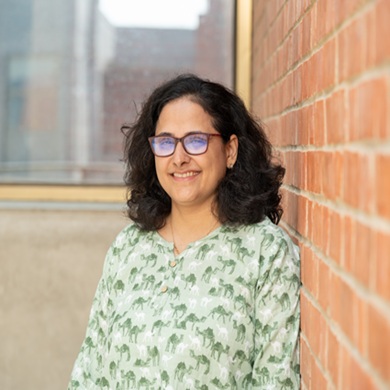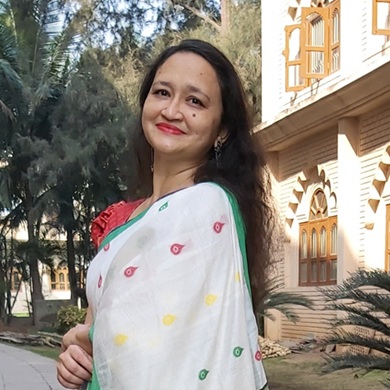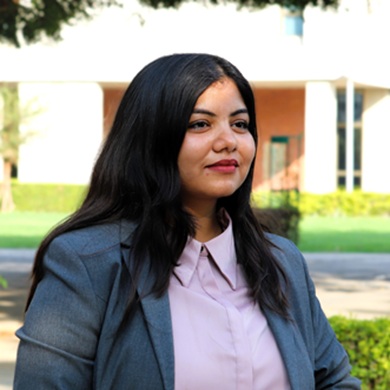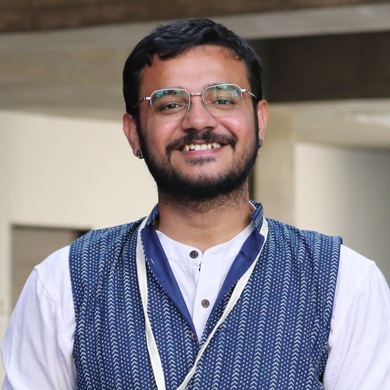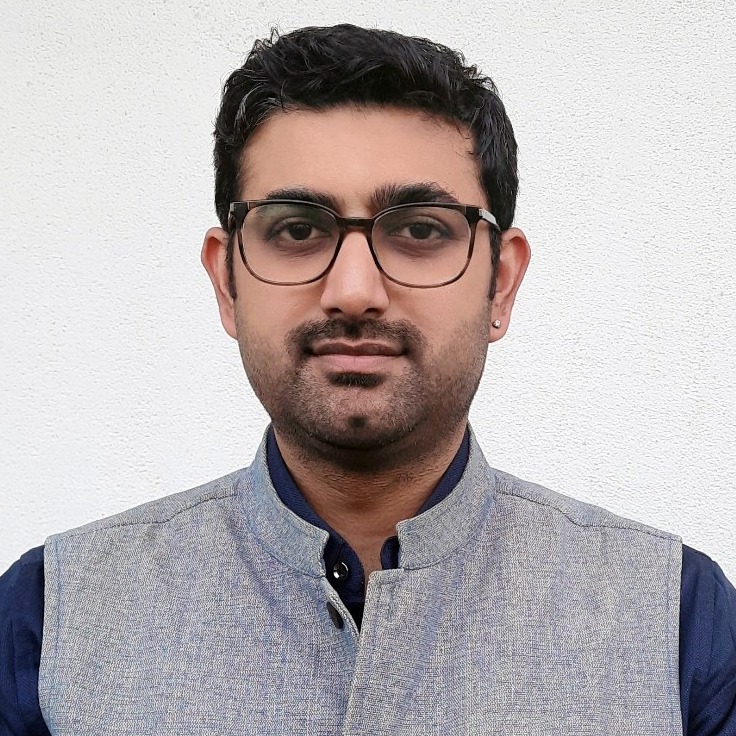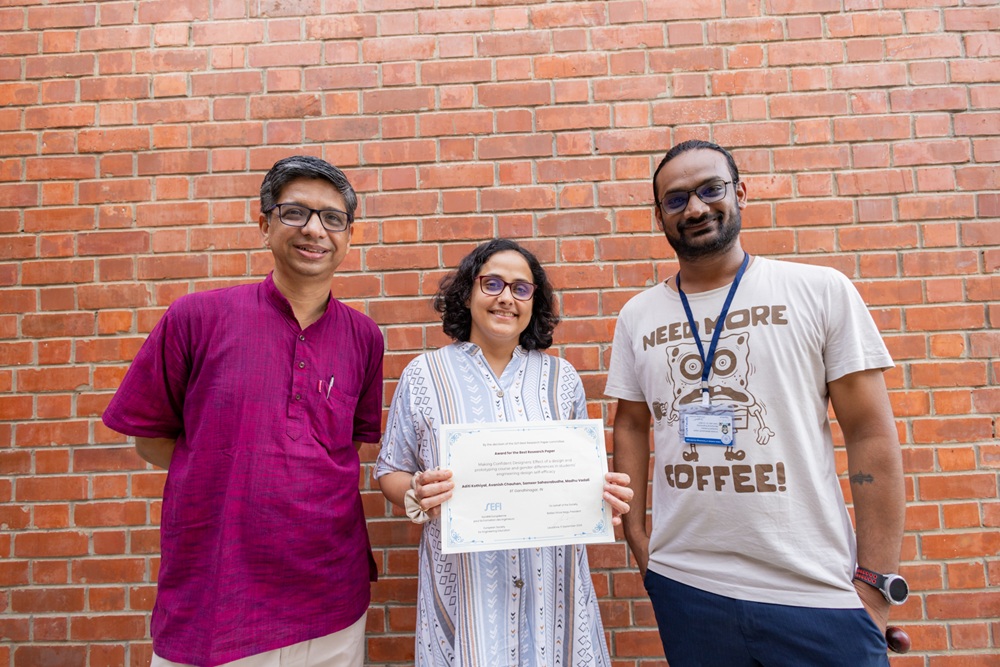A holistic re-imagining of engineering education
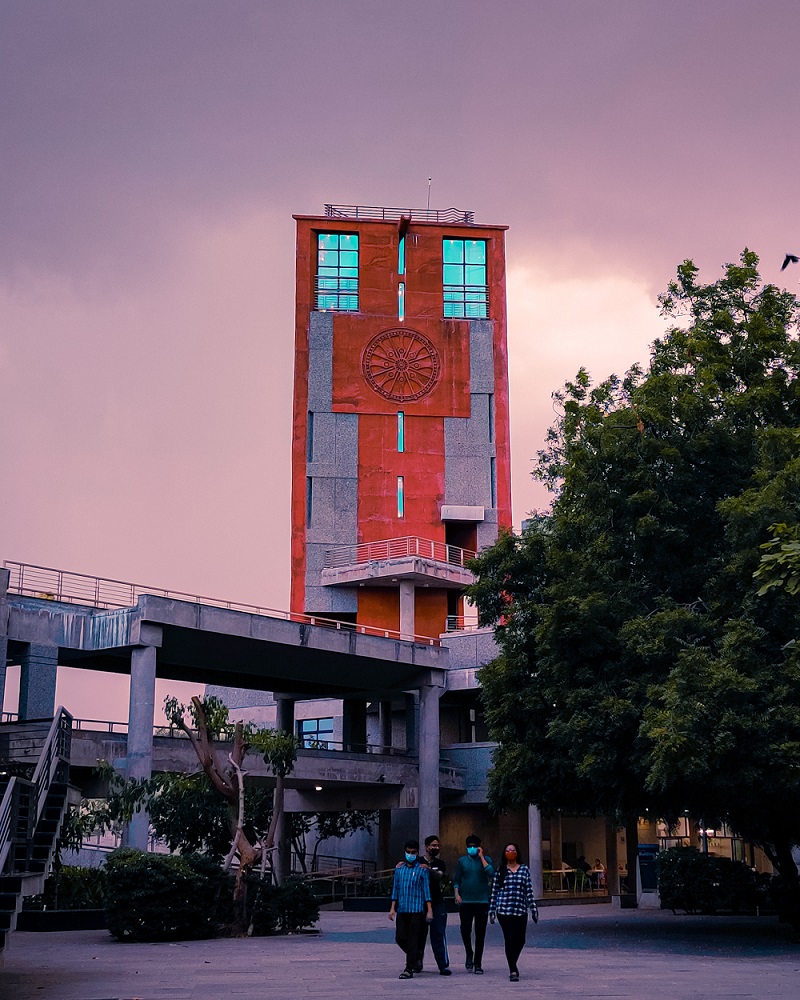
The pedagogy project of Indian Institute of Technology Gandhinagar
IITGN has designed a campus and community modeled to encourage its students to become socially, culturally, ethically, and environmentally conscious engineers, capable of self-learning, taking responsibility for their own and others' actions, and creative problem-solving. This holistic approach aims to foster a well-rounded development in students, preparing them not only for technical excellence but also for their roles as responsible global citizens. By integrating social, cultural, ethical, and environmental responsibility into the very fabric of the institution, IIT Gandhinagar seeks to create a nurturing environment that cultivates students' awareness and empowers them to make a positive impact on society.
Since its inception, there have been deliberate efforts to incorporate elements of social, cultural, ethical, and environmental responsibility into IIT Gandhinagar's architecture, culture, and community design. These aspects are not merely add-ons but are deeply ingrained in the institution's DNA, shaping the values and behaviors of its students and faculty. Moreover, teachers and administrators at IIT Gandhinagar have continuously explored and implemented various pedagogical strategies over the years, striving to enhance the learning experience and contribute to the overall development of students. This research project aims to identify and investigate the various pedagogies employed on campus, examining their influence on students' learning outcomes and their evolving identities as engineering professionals. By gaining insights into the strengths and weaknesses of these strategies, the project seeks to inform future educational practices and contribute to the continuous improvement of the institution's academic programs.

